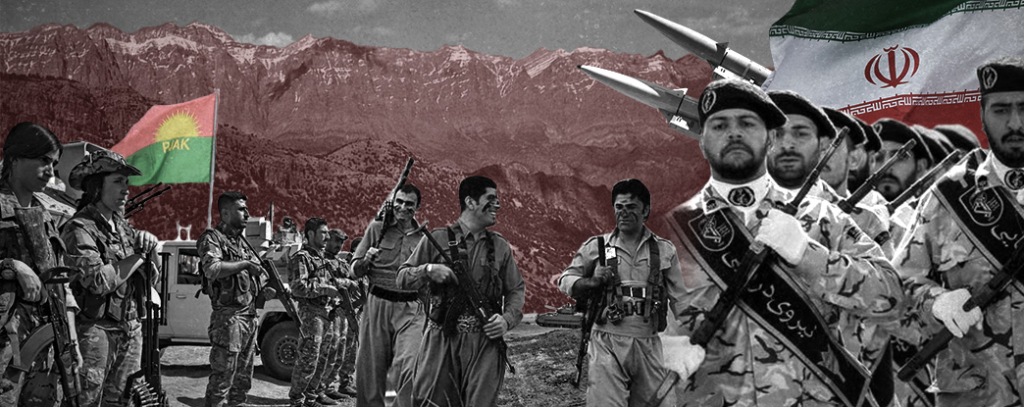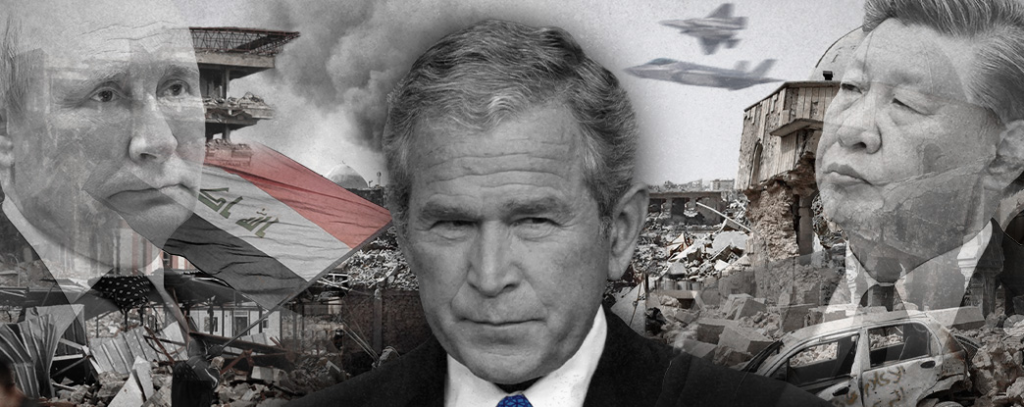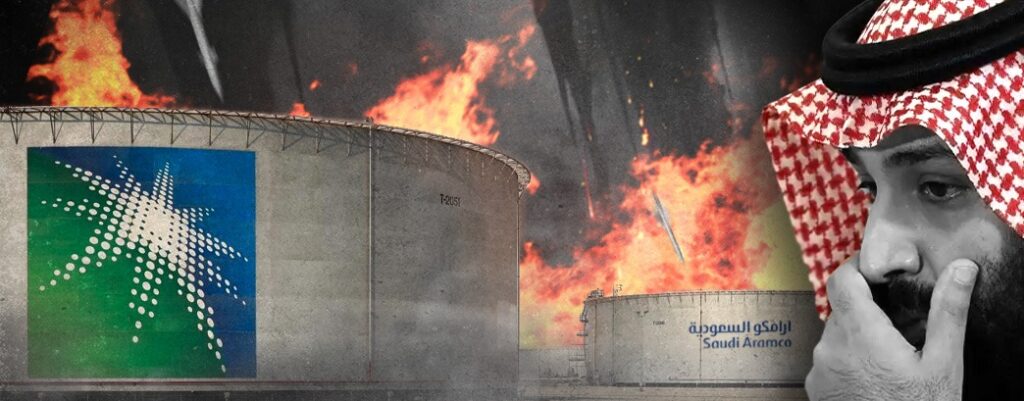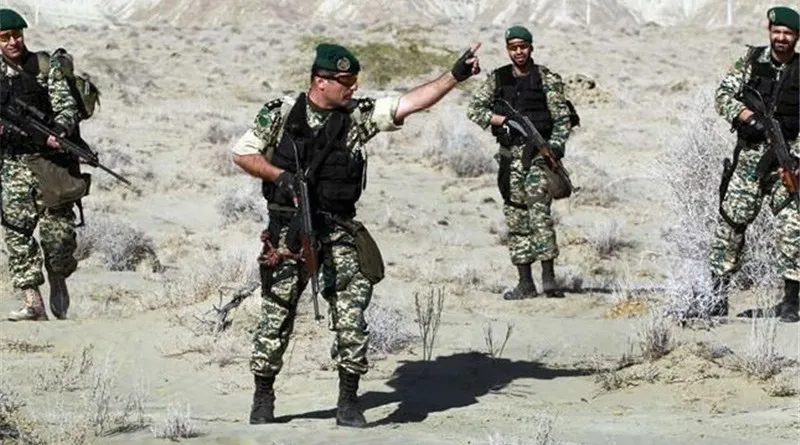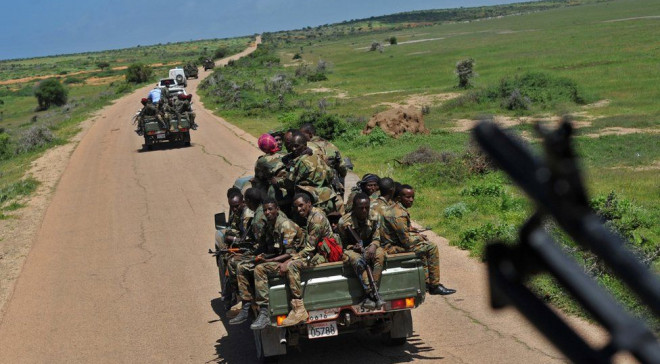MILITARY-POLITICAL TRANSFORMATION IN THE COUNTRIES OF EASTERN EUROPE
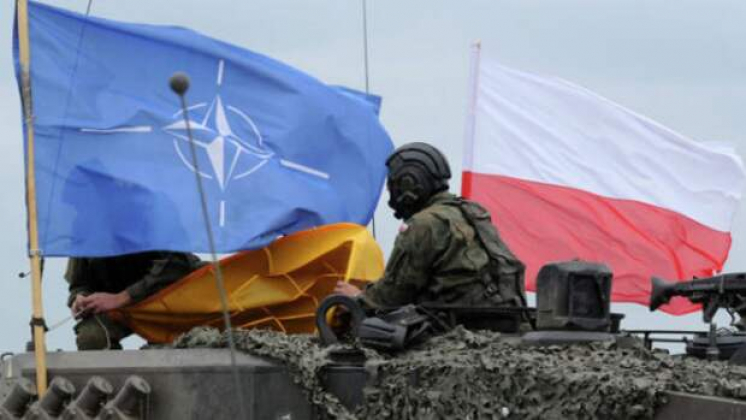
The role of the United States in strengthening the eastern flank of NATO
The period after the end of the Cold War led to significant changes in the military-political sphere of Eastern Europe. Many of these changes were caused by the collapse of the Soviet Union, which led to the formation of independent states, for example, in the Baltics. NATO’s military presence in Eastern Europe has steadily increased since the late 1990s. and continues to grow today. Despite the end of the Cold War and the disappearance of the main threat to Western countries, this organization has not curtailed its activities, but, on the contrary, is expanding its sphere of interests at the expense of the former member countries of the Warsaw Pact Organization and the republics of the former USSR. After the annexation of Crimea by Russia in 2014 and the outbreak of hostilities in eastern Ukraine, the activity of the North Atlantic Alliance in Eastern Europe intensified even more.


